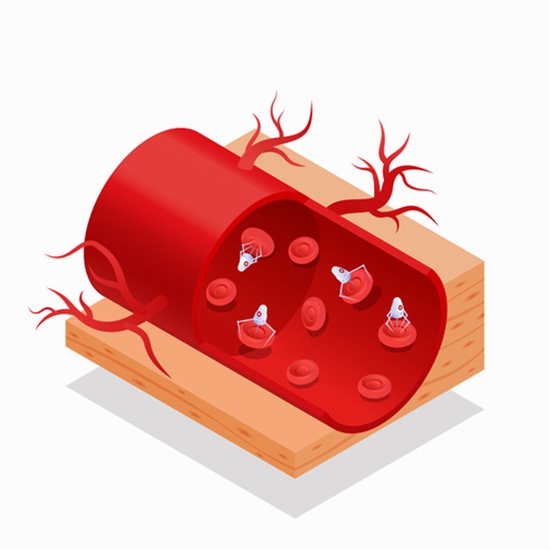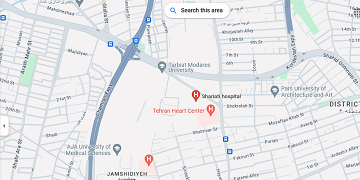The anti-angiogenic effect of Astragalus hamosus extract on human umbilical vein endothelial cells cultured on three-dimensional fibrin gel model

Abstract
Objective: Angiogenesis is necessary for solid tumors to grow and metastasize because it provides oxygen and nutrients for the tumor. By considering similar anti-tumor activity by a similar mechanism in herbal medicine, Astragalus hamosus (A. hamosus) was used in this study in a 3D fibrin gel model against human umbilical vein endothelial cells (HUVECs) to investigate its anti-angiogenic properties. Materials and Methods: A. hamosus extract was tested for cytotoxicity on HUVECs using MTT assay. Flow cytometry was used to examine apoptosis, cell cycle, and proliferation. Also, by qPCR, we quantified the expression of genes related to apoptosis, such as caspase-9, -8, -3, and Bcl-2. Results: Angiogenic activities of HUVECs were significantly decreased after treatment with IC50 concentration of A. hamosus extract. Flow cytometry analysis revealed that the cell cycle in HUVECs was arrested in G0/G1 phase in the 3D model higher than 2D culture. Anti-proliferation activity of the extract decreased the expression of Ki-67, especially in the 3D culture. Conclusion: Based on our results, A. hamosus extract can be used to treat tumors by inhibiting angiogenesis. Also, 3D fibrin gel can simulate anti-proliferative and anti-apoptotic properties of tumors better than 2D culture environment.




Send to friends